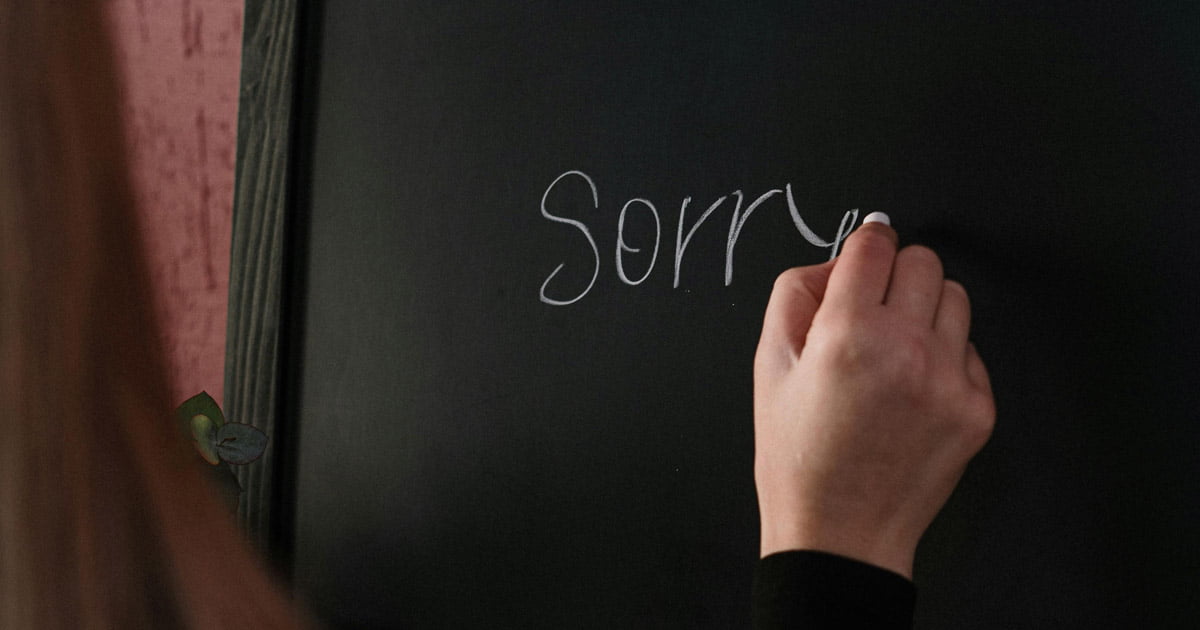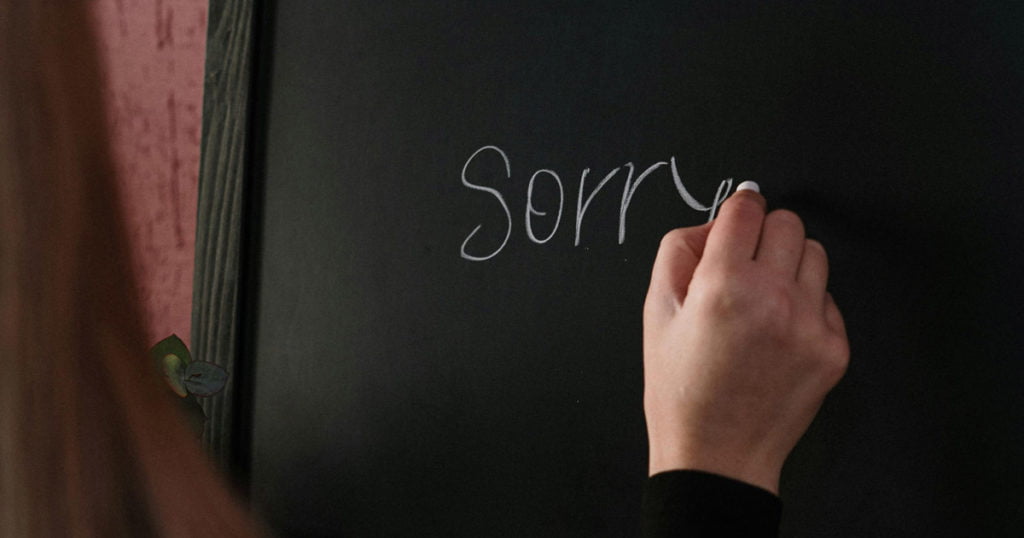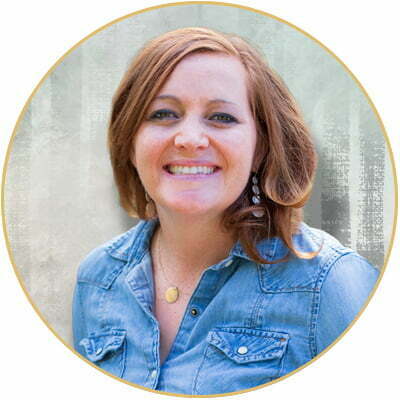

“Sorry, we are late. We couldn’t find his favorite stuffed animal so he wouldn’t get in the car to leave until we found it.”
“Sorry, he won’t wear a sweatshirt outside on the playground because it’s ‘too itchy’”.
“Sorry, she’s been up all night and just now fell asleep. We won’t be there today after all.”
“Sorry, she keeps crying when we drop her off. She doesn’t want us to leave her anywhere.”
“Sorry, the pharmacy was out of meds so he might be off the rails in Sunday School.”
“Sorry, I need to pick her up early. She gets really overstimulated in group settings.”
“Sorry.”
“Sorry.”
“Sorry.”
I have heard “sorry” a lot as a leader ministering to and with individuals and families impacted by disability. What are families actually apologizing for? Most likely, in my experience, they are apologizing for their family not being what everyone else expects they will be. Having to constantly apologize for being who you are can be exhausting and demoralizing. They are apologizing for being too loud, too noticeable, and having too many needs. They are apologizing for taking up too much space, for needing extra support, for needing something different. Ultimately, these families are apologizing for simply being who they are. The way churches respond to these apologies absolutely matters. Churches can become more accessible and inclusive spaces if we clearly communicate that families do not have to apologize for who they are.
“Sorry, we are late. We couldn’t find his favorite stuffed animal so he wouldn’t get in the car to leave until we found it.”
Critical Response: “We will need to turn the check-in system back on because we turn it off when we think everyone is here.”
Inclusive Response: “No problem. We have an open spot on the carpet for circle time ready for him.”
“Sorry, he won’t wear a sweatshirt outside on the playground because it’s ‘too itchy.’”.
Critical Response: “It might rain and we don’t want him to catch a cold.”
Inclusive Response: “Thanks for letting us know. We will make sure he feels comfortable and safe when we go outside to play.”
“Sorry, she’s been up all night and just now fell asleep. We won’t be there today after all.”
Critical Response: “I will have to tell her buddy that they are not needed today.”
Inclusive Response: “You are all probably so tired. Get some rest and looking forward to seeing you all next time.”
“Sorry, she keeps crying when we drop her off. She doesn’t want us to leave her anywhere.”
Critical Response: “She has been really upset when you leave.”
Inclusive Response: “Goodbyes can be really hard. We have a few activities she can do with us here and we will text you if she continues to seem sad.”
“Sorry, the pharmacy was out of meds so he might be off the rails in Sunday School.”
Critical Response: “I hope he isn’t disruptive for the rest of the class.”
Inclusive Response: “That has to be so frustrating for all of you. We will do our best to support him this morning.”
“Sorry, I need to pick her up early. She gets really overstimulated in group settings.”
Critical Response: “We will have to bring in the whole class from the playground early.”
Inclusive Response: “No worries. We will have her ready to go when you get here.”
“Sorry”
Critical Response: “He doesn’t behave like the other kids.”
Inclusive Response: “We understand.”
“Sorry”
Critical Response: “She has really been a challenge lately.”
Inclusive Response: “We have a plan to support your child.”
“Sorry”
Critical Response: **eye roll and deep sigh**
Inclusive Response: “We are glad you came today.”
While these critical responses may sound too harsh and brutal to be uttered on a Sunday morning, they are often communicated to individuals and families either intentionally or unintentionally. The good news is that it is never too late to learn and practice supportive, inclusive, and sincere responses to help make church a more accessible and accepting place of belonging.
Nobody should have to apologize for who they are and what they need.
If you are interested in accessing resources to be a more inclusive, accessible congregation, let’s setup a free consultation.


